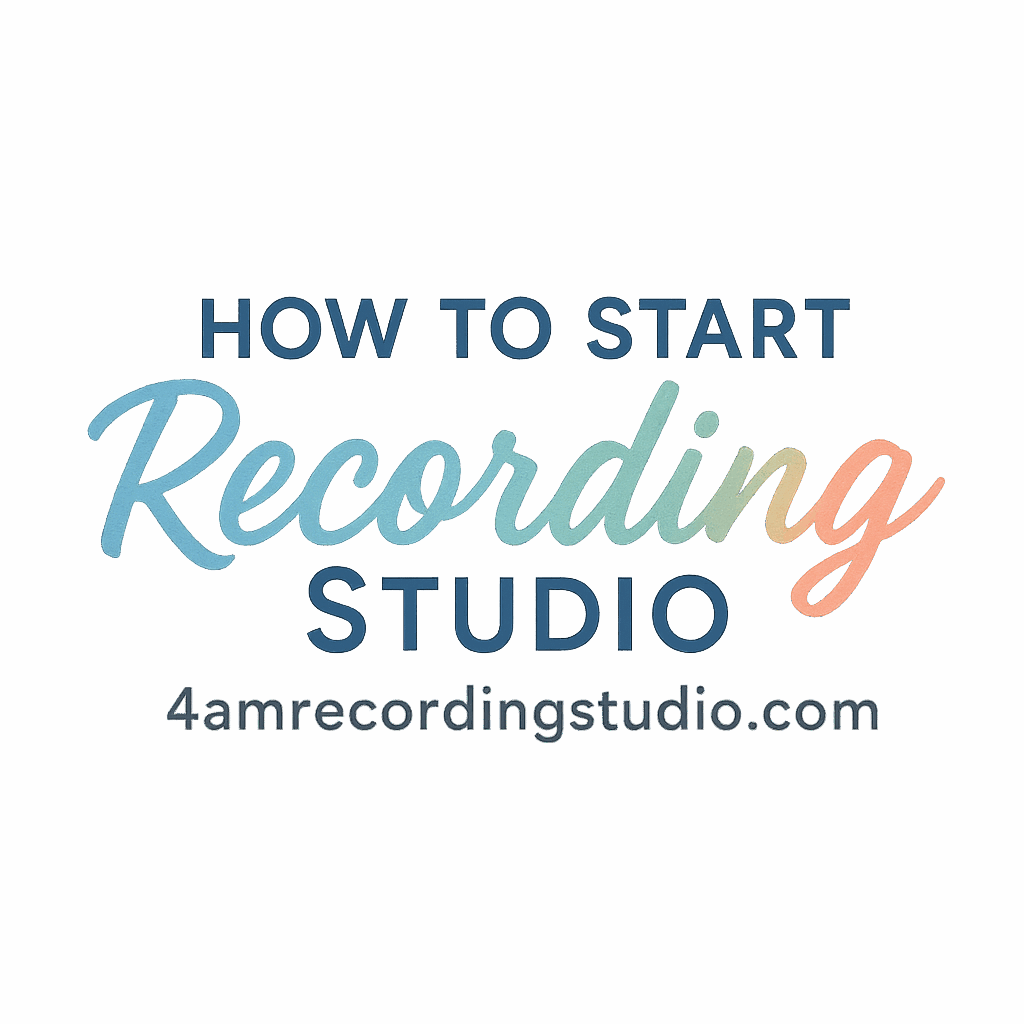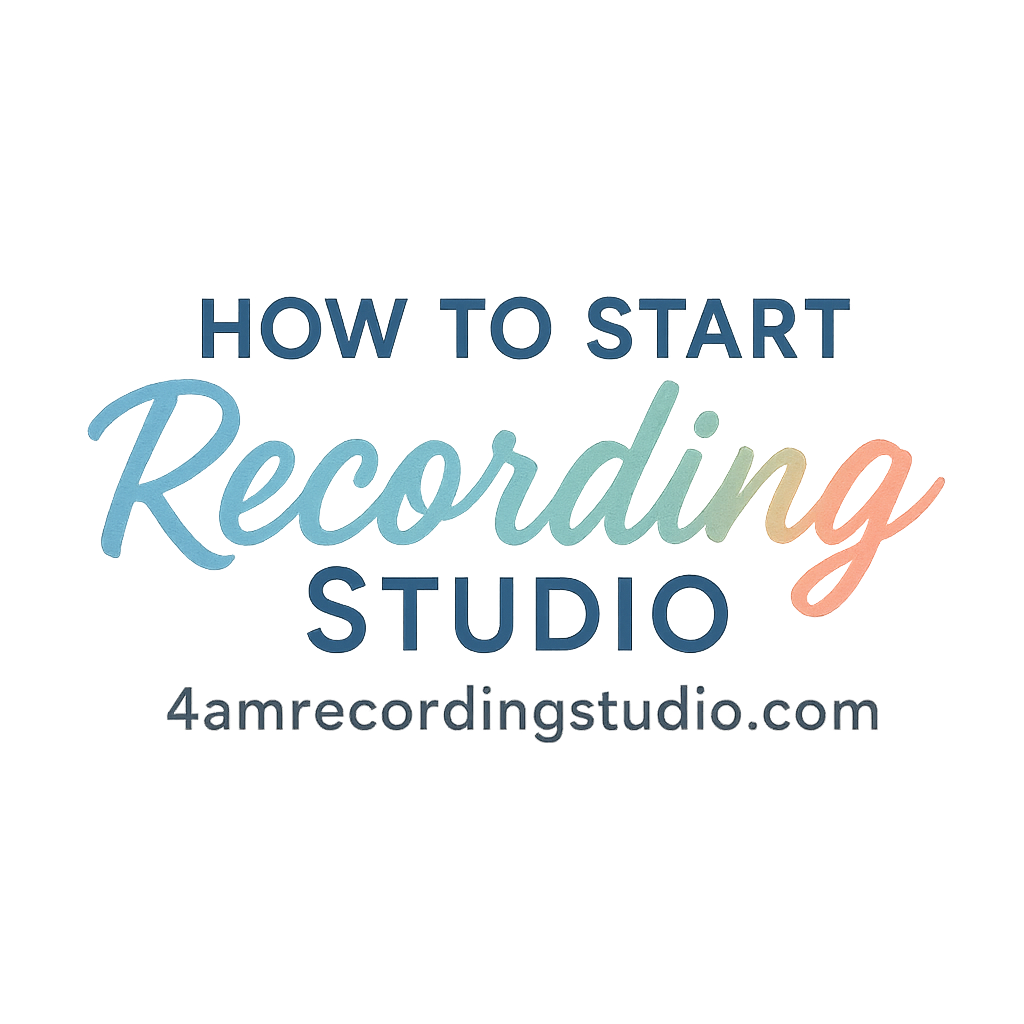Setting up your new recording studio? Congrats—you’re about to enter a world of creativity, chaos, and possibly a bit of caffeine addiction. But here’s the thing: you can’t record anything worth listening to without a great microphone. So let’s break down the 7 best microphones for your new recording studio, whether you’re a beginner or a seasoned producer.
Why the Right Microphone Matters in a Recording Studio
Think of a microphone as the ears of your studio. It captures everything—your vocals, instruments, even ambient sounds—and turns them into digital gold. Choosing the right mic can be the difference between sounding amateur or sounding like a Grammy-winning artist.
What to Consider When Buying a Microphone
Before you throw your money at the first shiny mic you see on Amazon, let’s walk through a few things you need to consider.
Budget and Value
Not everyone has a massive budget starting out—and that’s okay. There are microphones out there that punch way above their price tag. It’s all about finding that sweet spot between price and performance.
Microphone Type: Condenser vs Dynamic
- Condenser mics are great for capturing detail—perfect for vocals, acoustic instruments, and podcasts.
- Dynamic mics can handle louder sources and are rugged. They’re ideal for guitar amps, drums, and live vocals.
Frequency Response and Sensitivity
Each mic has its own “sound signature.” Some are brighter, some are warmer. Check the frequency response if you’re recording specific instruments or vocal styles.
Versatility and Compatibility
You’ll want a microphone that works across different setups. Does it need phantom power? Is it USB or XLR? Can you use it with your audio interface?
Best Microphones for Your New Recording Studio
Now let’s dive into the fun part—our curated list of the 7 best microphones to start your studio off right.
1. Shure SM7B – The Versatile Vocal King
Why It’s Great for Studios
If you’ve ever watched a podcast or studio session video, you’ve probably seen the Shure SM7B. It’s a dynamic mic that delivers rich, warm vocals with incredible background noise rejection.
Pros and Cons
Pros:
- Amazing vocal clarity
- Handles high volumes with ease
- Ideal for untreated rooms
Cons:
- Requires a powerful preamp or Cloudlifter
- Not the cheapest
Perfect for rap, rock, voiceovers, and even podcasting—this mic belongs in any studio.
Tag: [controller]
2. Audio-Technica AT2020 – Budget-Friendly Brilliance
A solid condenser mic that gives beginners a real taste of pro audio without burning a hole in your wallet.
Pros:
- Crisp sound
- Affordable
- Great for vocals and acoustic guitar
This mic is often praised in forums and studio groups, and for good reason—it’s an all-star starter mic.
Tag: [beginner]
3. Neumann TLM 103 – Premium Sound, Pro Quality
Neumann is like the Ferrari of microphones. The TLM 103 delivers unmatched clarity and warmth.
Pros:
- Studio-grade vocals
- Ultra-low self-noise
- Iconic Neumann tone
Cons:
- Expensive
If you’re aiming for commercial releases or label-quality sound, this is the one.
Tag: [recording-studio]

4. Rode NT1-A – The Quiet Performer
A favorite among YouTubers and home studio owners, the NT1-A is super quiet, picking up every detail.
Pros:
- Incredibly low self-noise (5dBA!)
- Comes with accessories
- Great for voiceover and vocals
Rode’s kit includes everything: shock mount, pop filter, and cable—value for days.
Tag: [instruments]
5. AKG C214 – The Affordable All-Rounder
Based on the legendary C414, this is a workhorse mic.
Pros:
- Great for vocals, strings, and drums
- Built-in pad and filter
- Durable and road-ready
It’s a go-to mic if you want a bit of everything in your recording arsenal.
Tag: [music-gear]
6. Lewitt LCT 440 PURE – Crystal-Clear Choice
Not many people know about Lewitt, but those who do, swear by it.
Pros:
- Transparent sound
- Clean high-end
- Attractive design
It’s quickly gaining a cult following in the audio world.
Tag: [growth]
7. Blue Yeti Pro – USB Convenience Meets Studio Quality
Perfect for beginners who don’t have an interface yet.
Pros:
- USB and XLR
- Multiple pickup patterns
- Great for podcasting and streaming
If you’re just starting out and need something easy, this one delivers with plug-and-play simplicity.
Tag: [how-to-start]
How to Set Up Microphones in Your Studio Space
Got the mic? Sweet. But setup is key. Even the best mic sounds bad in a poor environment.
Acoustic Treatment and Positioning
Place foam panels or bass traps to control reflections. Position the mic away from walls and noisy sources.
Mic Stands and Shock Mounts
Invest in solid mic stands. Wobbly setups ruin takes. Shock mounts reduce vibration noise—especially helpful if you’re in a small space.
Other Essential Gear to Pair With These Mics
You can’t record with just a mic—you’ll need a few other tools.
Audio Interface Recommendations
Pair your mic with a solid audio interface like:
- Focusrite Scarlett 2i2
- Universal Audio Volt 2
- PreSonus Studio 24c
More info on gear setup:
👉 Recording Studio Equipment & Tools
Cables and Accessories
Don’t skimp on good XLR cables. Keep spares on hand. Pop filters, shock mounts, and stands are must-haves.
Building Your Dream Recording Studio from Scratch
Still working on your studio setup?
Check out this beginner-friendly guide:
👉 Recording Studio Setup Basics
Need help with the business side?
👉 Recording Studio Business Planning
👉 Recording Studio Marketing & Branding
👉 Recording Studio Management & Growth
Conclusion
Choosing the best microphones for your new recording studio is about understanding your needs, your space, and your style. Whether you go all-in with a Neumann or start off strong with an AT2020, each of these mics can elevate your recordings.
But remember: a mic is only as good as its environment and the creativity behind it. So take the time to set up your space, experiment, and most importantly—have fun.
FAQs
1. What type of microphone is best for vocals?
Condenser mics like the Rode NT1-A and Neumann TLM 103 are ideal for capturing detailed, crisp vocal recordings.
2. Can I use a USB mic for professional studio recordings?
USB mics like the Blue Yeti Pro are great for beginners, but for pro-level quality, XLR condenser mics are better.
3. What’s the best budget microphone for a home studio?
The Audio-Technica AT2020 is one of the best budget options available.
4. Do I need phantom power for condenser mics?
Yes, most condenser mics require +48V phantom power from an audio interface or mixer.
5. How do I reduce background noise in recordings?
Use dynamic mics like the Shure SM7B, acoustic treatment, and proper mic technique.
6. Is the Shure SM7B good for instruments too?
Absolutely! It works well on guitar amps, drums, and even vocals.
7. What else do I need to start recording besides a mic?
You’ll need an audio interface, XLR cables, mic stands, headphones, and recording software.


